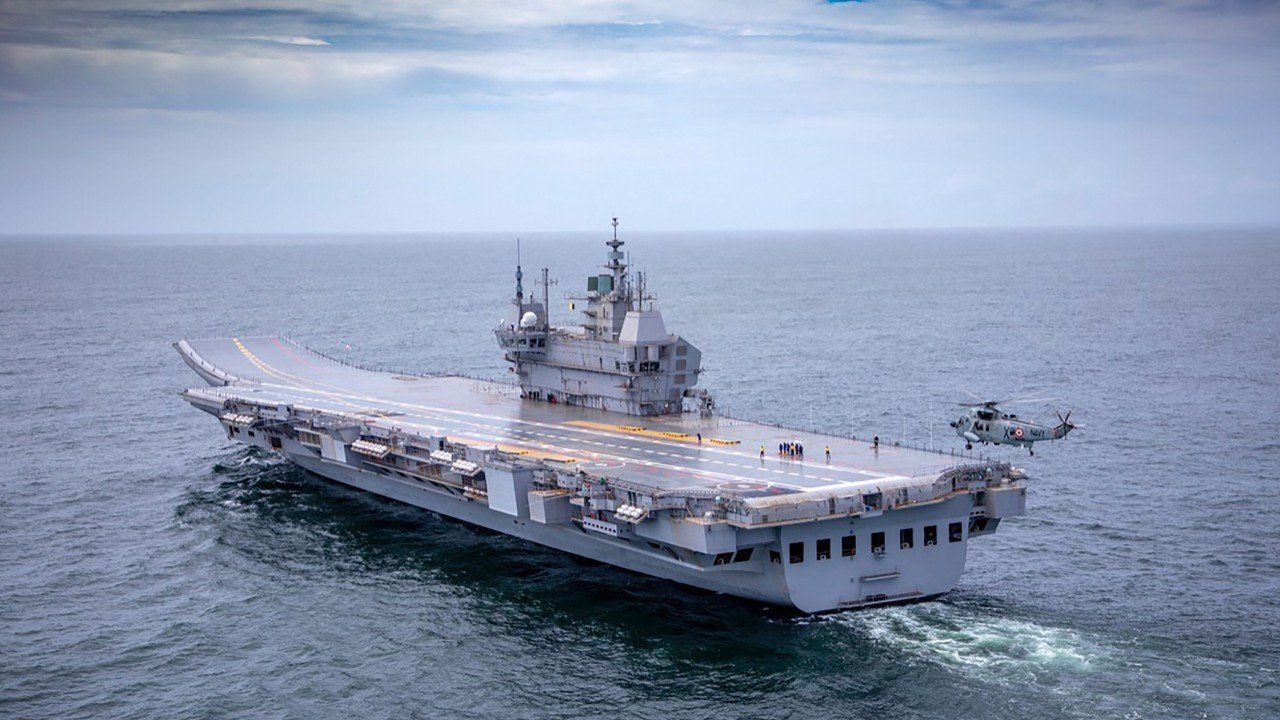India eyes bigger influence in Indian Ocean through Colombo Security Conclave

By
Colonel Awadhesh Kumar, Veteran
The Colombo Security Conclave, was formed in 2011 under the name of Trilateral Maritime Security Cooperation. It was a meeting attended by the National Security Advisors of all the members. Then in November 2020 It was revived and renamed Colombo Security Conclave after a gap of six years. Earlier this month, the first Deputy National Security Adviser meeting of the Colombo Security Conclave had taken place virtually.
Three countries Bangladesh, Seychelles, and Mauritius attended the conference as observers but during the conference were invited to become full members from the next meeting onwards. So it is very clear that the Conclave is expanding. When the mechanism gets bigger in the future, this group may also include and engage with some of the countries outside the region and few countries that supposedly share the SAARC value. These may include Japan, South Korea, Europe and the US. In terms of agenda, the CSC is likely to shift to the economic field and then to traditional security.
India has naturally taken the initiative to revive the Colombo Security Conclave and this has garnered global media attention. The revival of the trilateral grouping between India, Sri Lanka and the Maldives, shows New Delhi’s is taking its role as protector of the India on Ocean Region quite seriously.
The renaming of the grouping proves that the three countries are institutionalizing the group, a move that is especially beneficial to SAARC and BIMSTEC as a whole. This entire region has a huge economic and trade potential. This mechanism in the Indian Ocean Region can help maintain stability and security and keep a check on all outside intruders and mischief makers.
The Colombo Security Conclave is an emphasis on the Security and prosperity strategy of the Government of India with respect to the Indian Ocean Region. Attention has also been given to the trade and security in the Western Indian Ocean. That is why the Seychelles and Mauritius – both in the Western Indian Ocean – were invited to the meeting as observers.
Thereafter India’s Indo-Pacific strategy, in which New Delhi pays particular attention to its Commitment to Look East will become a complementary strategy to its overall Indian Ocean Strategy.
The Colombo meet identified four Points for cooperation. These are marine safety and security, terrorism and radicalization, trafficking and organized crime and cybersecurity. In other words, the CSC offers non-traditional security cooperation for those smaller regional countries to maximize their security in Indo-Pacific region.
Thus the CSC is going to currently focus on non-traditional security cooperation. It is a very cost-effective way to strengthen traditional security cooperation. Some specific missions in non-traditional security cooperation are very similar to those in traditional security cooperation, particularly the maritime one. Both types of cooperation, for example, involve activities with the navies and coast guards of neighboring countries. And such interactions have already directly or indirectly consolidated the traditional security interests of the nations in the region.
As an emerging World Power, India can totally guarantee the interests and security of smaller countries around. However this may clash with the interests of some of the outside powers who do not belong to this region at all. Such powers may try to act against the interest of the region but are not going to succeed.
Chinese media has already started talking about the CSC. They know that such a vigilant grouping will geopolitically contain and counter all the nefarious designs of China. Any hostility by China in Occupied Tibet or occupied Ladhak, in future will get its trade lanes passing through the Indian Ocean Region fully choked. India is already strengthening its military bases in the Andamans and securing new ones in Seychelles. All these will ensure a proper check on China and other extra regional powers.
There are no problem for countries in the region to participate in normal regional cooperation mechanisms. However, a worried China is now trying to woo the group members with developmental loans etc and get them into a debt trap.
India will gradually make newer mechanisms such as the Colombo Security Conclave functionally complementing and supporting the existing mechanisms such as the Indian Ocean Naval Symposium. Thereby it will ensure peace and tranquility for all members and even outsiders including China to trade but in the most peaceful manner.



